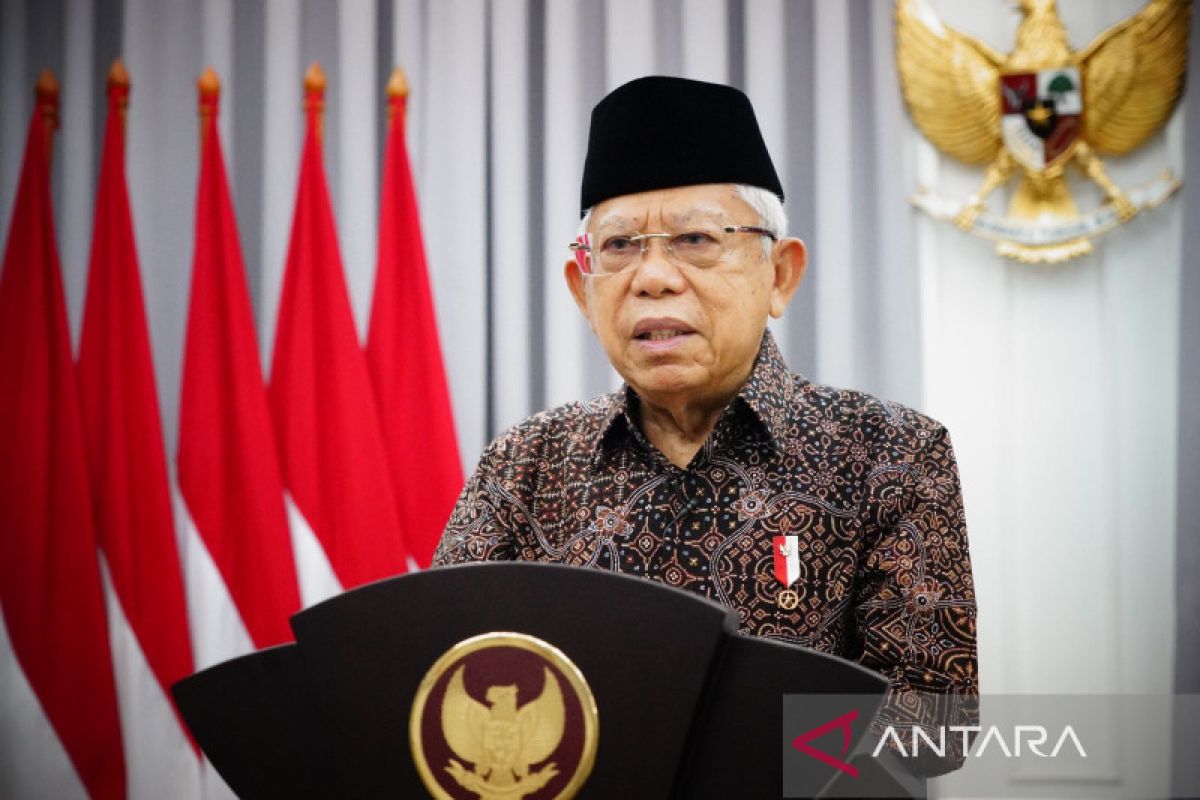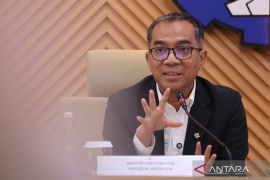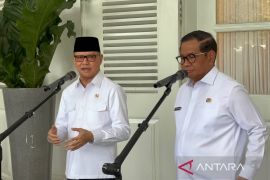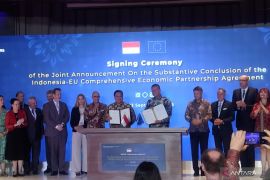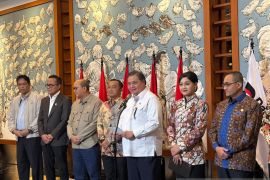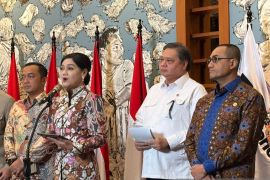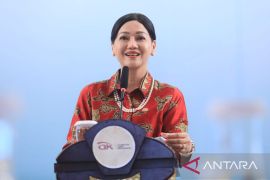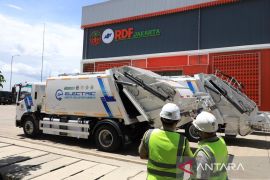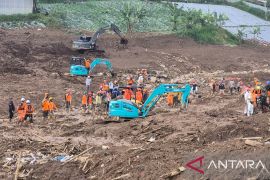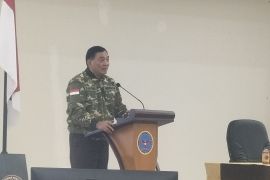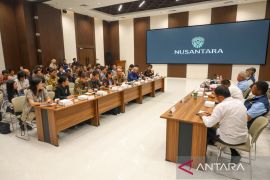The global recovery in the world of work is oriented towards humans or workers.Jakarta (ANTARA) - Indonesian Vice President Ma'ruf Amin has underlined the need for ensuring workers' rights to build inclusive and safe work environments, including during the COVID-19 pandemic.
"The global recovery in the world of work is oriented towards humans or workers. This can be realized through at least four steps. The first step is to create an inclusive and safe work environment for workers," Amin said at the G20 Labor and Employment Ministers' Meeting (LEMM), which he joined virtually from here on Wednesday.
Related news: G20 agrees on community-based vocational training approach: Minister
The G20 LEMM, which is being held from September 12–14, is a part of G20 Indonesia's high-level meetings under the Sherpa Track. The meeting will focus on issues surrounding labor inclusivity, safe workplaces, and affirmative actions for workers with disabilities.
According to Amin, Indonesia has continued to strive for the fulfillment of the rights of persons with disabilities by providing inclusive infrastructure and training.
"(And) to maintain the safety of workers during the pandemic, all workers are getting free vaccines," he added.
Related news: Ministry readies traffic engineering scheme to facilitate G20 Summit
The next step is to strengthen workers' social protection; third, to nourish workers' capabilities in terms of innovation and digital literacy; and fourth, to increase competitiveness through continuous skilling, reskilling, and upskilling.
In Indonesia, these efforts have been realized through the National Economic Recovery (PEN) Program, which has covered the wage subsidy program, the Pre-Employment Card Program, micro business productive assistance, and the Labor Intensive Program at ministries/institutions and local governments, the Vice President informed.
The Indonesian government is targeting to bring 30 million micro, small, and medium enterprises (MSMEs) into the digital ecosystem by 2024, he noted.
"Indonesia continues to build community vocational training centers (BLK Komunitas) to meet the needs of vocational training with collaboration between the government, private sector/industry, and academicians or higher education institutions," Amin said.
In 2020, the total number of community BLKs in the country reached 2,127.
Related news: Several G20 nations interested in community vocational training: govt
Related news: Jasa Marga improves toll roads' quality to support G20 Summit
Translator: Desca N, Kenzu T
Editor: Fardah Assegaf
Copyright © ANTARA 2022
